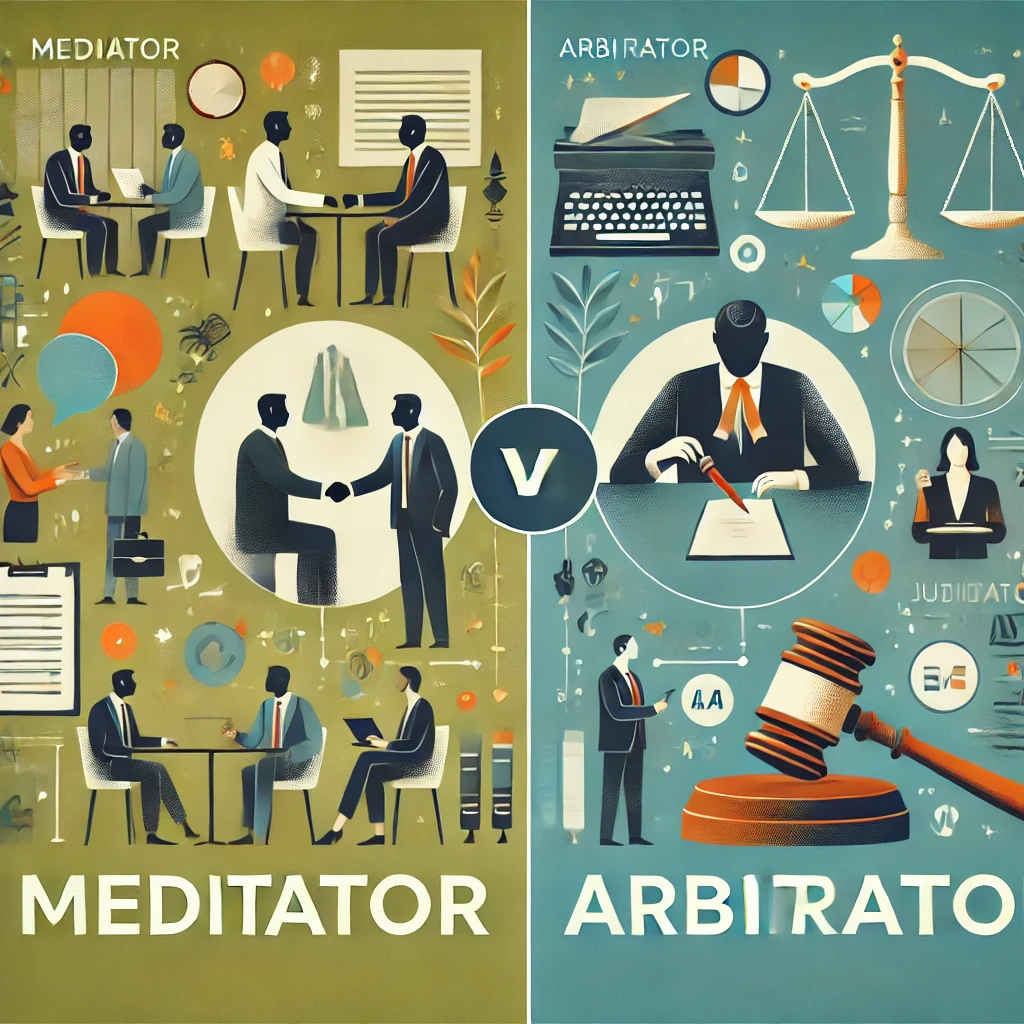By: Habeeb Olayinka Lawal, LL.B, B.L (in view)
Introduction
Dispute resolution mechanisms have evolved to offer parties diverse options for resolving their conflicts outside the courtroom. Among these mechanisms, mediation and arbitration stand out as effective alternatives. However, their differences are significant, and these distinctions underpin the rationale for Section 79 of the Arbitration and Mediation Act, 2023.
This section addresses the dual roles of a mediator and an arbitrator in the same or related disputes. It prohibits a mediator from acting as an arbitrator unless otherwise agreed by the parties. The Act provides: “Unless otherwise agreed by the parties, a mediator shall not act as an arbitrator in respect of a dispute that was or is the subject of the mediation proceedings or in respect of another dispute that has arisen from the same contract or legal relationship or any related contract or legal relationship.”
MOST READ ARTICLES
The Role of a Mediator and an Arbitrator
The roles of a mediator and an arbitrator are distinct and serve different purposes in dispute resolution. Understanding these roles is crucial to appreciating why the Act prohibits their overlap.
The Role of a Mediator
A mediator facilitates negotiation between disputing parties to help them reach a voluntary and mutually acceptable resolution. The process is informal, and the mediator does not issue orders or make binding decisions. Instead, mediators:
1. Communicate with both sides to explore viable options for resolution.
2. Work to identify common ground and encourage collaboration.
3. Maintain confidentiality, creating a safe space for open dialogue.
Mediation concludes either when the parties reach an agreement or when it becomes clear that no resolution is possible. The mediator’s role relies heavily on trust and confidentiality, as sensitive information is often shared during the process.
The Role of an Arbitrator
An arbitrator, by contrast, acts as a neutral decision-maker with the authority to resolve disputes by issuing a binding award. Arbitration is a formal process akin to a trial, where:
1. Each party presents evidence and arguments.
2. The arbitrator evaluates the case impartially and renders a decision.
3. The arbitrator’s award is final and can only be contested under limited circumstances.
Unlike mediators, arbitrators do not engage in settlement discussions or rely on confidential information disclosed outside the arbitration process. Their decisions are based strictly on the evidence and arguments presented during the proceedings.
Key Distinction
The critical distinction lies in their roles: mediators foster cooperation and settlement through confidentiality and trust, while arbitrators deliver binding decisions based on formal evidence and arguments.
Rationale Behind the Prohibition
The prohibition of a mediator acting as an arbitrator in the same or related disputes is rooted in principles that safeguard the integrity of both processes. Key reasons include:
1. Preservation of Confidentiality: During mediation, parties often disclose sensitive information or interests they would not want to be used against them in arbitration. Allowing the mediator to transition into an arbitrator could compromise this confidentiality, undermining the trust that is central to mediation.
2. Avoiding Bias: A mediator may develop an understanding or preference for a party’s position during mediation. This could lead to perceived or actual bias if the mediator later assumes the role of arbitrator, compromising the fairness of the arbitration process.
3. Ensuring Impartiality: Arbitrators are required to maintain strict impartiality, basing their decisions solely on the evidence and arguments presented during arbitration. Separating the roles ensures that no prior involvement clouds the arbitrator’s judgment or creates a conflict of interest.
Exception Under Section 79
The Act recognizes the principle of party autonomy by allowing the parties to agree otherwise. However, such agreements should be made cautiously, with a full understanding of the potential risks to confidentiality and impartiality. Parties must weigh the convenience of having the same individual handle both processes against the possible erosion of trust and fairness.
Section 79 aligns with international best practices in arbitration and mediation. By clearly delineating the roles and maintaining their integrity, the provision fosters trust in these alternative dispute resolution mechanisms. This ensures that parties can rely on impartial and fair outcomes, regardless of the process chosen.
Conclusion
The distinction between mediation and arbitration is fundamental to the effectiveness of both processes. Section 79 of the Arbitration and Mediation Act, 2023 upholds this distinction by safeguarding confidentiality, avoiding bias, and ensuring impartiality. While the law allows flexibility for parties to decide otherwise, the risks involved must be carefully considered. By addressing the dual roles of a mediator and an arbitrator, this provision strengthens the trust and fairness that underpin alternative dispute resolution in Nigeria.
This nuanced approach reflects a commitment to fostering an effective and credible dispute resolution framework.


